Experts and business representatives attended the discussion. (Photo: MINH PHUONG)
At the workshop “Green transformation journey and financial-technological solutions” jointly organized by BIDV and FPT on April 21 in Hanoi, experts and business representatives pointed out many major challenges that Vietnamese enterprises are facing, and at the same time made recommendations to support the transformation journey towards sustainability.
According to Dr. Can Van Luc - Member of the National Financial and Monetary Policy Advisory Council, the green transition wave is creating three main groups of pressure on Vietnam. The first is the internal pressure from increasingly complex climate change, directly affecting production and business, especially in vulnerable sectors such as agriculture, aquaculture, and energy.
Second is the pressure from the global market, with the trend of “green” consumption and investment, accompanied by increasingly high technical barriers and sustainability standards. Third is the pressure from international commitments that Vietnam has participated in, especially the target of net zero emissions by 2050.
Dr. Luc commented that currently, most Vietnamese enterprises are still in the initial stages of green transformation. The rate of enterprises with specific understanding and actions related to environmental, social and governance (ESG) factors is still low. Many enterprises have not fully assessed the risks and opportunities from green transformation to supply chains, products or business strategies. Difficulties in resources, lack of information, and limitations in management capacity are major barriers that prevent green transformation from becoming part of a long-term strategy.
To overcome these challenges, Dr. Luc emphasized three main solutions. First, it is necessary to perfect the legal framework, standardize ESG indicators and information disclosure regulations to increase transparency and comparability. Second, it is necessary to strongly develop the green financial market, including products such as green bonds, green credit, climate risk insurance, etc. to create a stable capital flow for businesses to implement transformation projects.
Finally, it is to promote links between businesses-financial institutions-technology units to share information, provide technical support and accompany in implementing sustainable goals.
The perspective from business practice continues to show many specific obstacles. Mr. Vo Quoc Khanh, Deputy General Director of Banking and Financial Services Division EY Vietnam, said that green transformation is not only a trend but will sooner or later become a mandatory requirement if businesses want to maintain competitiveness and access to capital in the future.
According to Mr. Khanh, Vietnamese enterprises are currently facing many difficulties in collecting and standardizing ESG data - a prerequisite for building strategies and accessing green finance. At the same time, the lack of specialized human resources, lack of reliable measurement tools, and unfamiliarity with international information disclosure standards such as ISAE 3000 and ISAE 5000 have caused many enterprises to fall behind.
He emphasized that using third-party assurance services will help increase the reliability of ESG information, contributing significantly to building trust with investors and credit institutions.
From a technology perspective, Mr. Tran Duc Tri Quang, Vice President and Chief Data Officer of FPT IS (FPT), shared more about the core role of data in the green transformation journey. According to him, high-quality data is an indispensable condition for businesses to access green capital sources such as green bonds, sustainability-linked loans (SLLs), or credit incentives from international financial institutions.
The Partnership for Carbon Accounting Financials (PCAF) Emissions Data Quality Guidelines have been widely adopted, dividing data into five levels from primary, audited to rough estimates. Proactively collecting accurate, verifiable data will increase reliability and reduce risk during the financial review process.
On behalf of the bank, Mr. Tran Long, Deputy General Director of BIDV, said that BIDV is implementing many programs to support businesses in accessing green credit. In particular, the bank provides financial products such as green loans, sustainable development bonds, green trade finance and ESG consulting services. BIDV also cooperates with many international financial organizations such as AFD, WB, JICA, KfW... to diversify green capital sources. By the end of 2024, the bank has financed more than 1,600 customers with nearly 2,000 green projects, with a total outstanding loan balance of over VND 80,000 billion.
However, Mr. Long also emphasized that green transformation cannot come from just one side. Synchronous coordination between policy, finance and technology is a prerequisite. “Green transformation needs to be identified by businesses as a long-term strategy, both a market requirement and an opportunity to enhance competitiveness in the future,” he said.
Source: https://baotuyenquang.com.vn/giai-phap-tu-tai-chinh-va-cong-nghe-thuc-day-chuyen-doi-xanh-210471.html



![[Photo] Chinese, Lao, and Cambodian troops participate in the parade to celebrate the 50th anniversary of the Liberation of the South and National Reunification Day](https://vphoto.vietnam.vn/thumb/1200x675/vietnam/resource/IMAGE/2025/4/30/30d2204b414549cfb5dc784544a72dee)
![[Photo] The parade took to the streets, walking among the arms of tens of thousands of people.](https://vphoto.vietnam.vn/thumb/1200x675/vietnam/resource/IMAGE/2025/4/30/180ec64521094c87bdb5a983ff1a30a4)
![[Photo] Cultural, sports and media bloc at the 50th Anniversary of Southern Liberation and National Reunification Day](https://vphoto.vietnam.vn/thumb/1200x675/vietnam/resource/IMAGE/2025/4/30/8a22f876e8d24890be2ae3d88c9b201c)



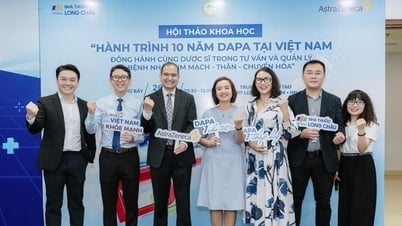

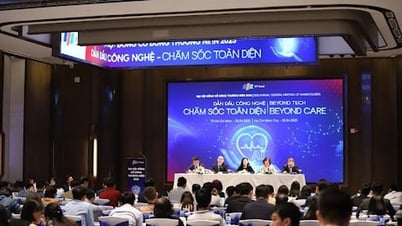


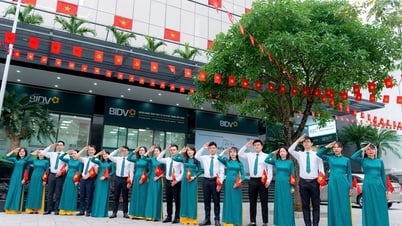















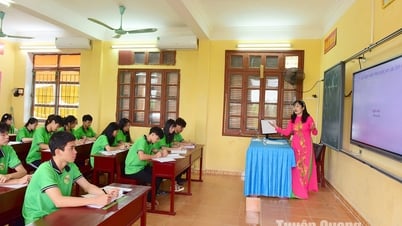



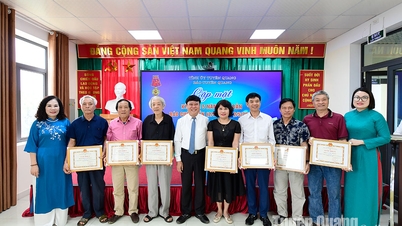
![[Photo] Performance of the Air Force Squadron at the 50th Anniversary of the Liberation of the South and National Reunification Day](https://vphoto.vietnam.vn/thumb/1200x675/vietnam/resource/IMAGE/2025/4/30/cb781ed625fc4774bb82982d31bead1e)


















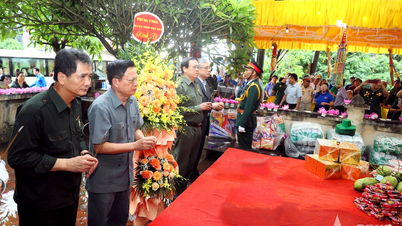
















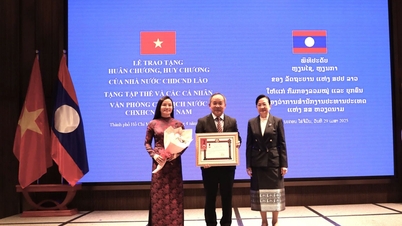

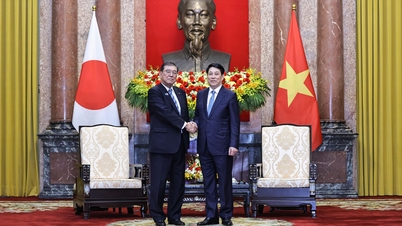










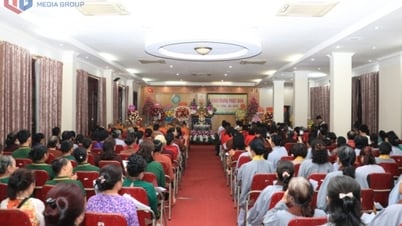










Comment (0)